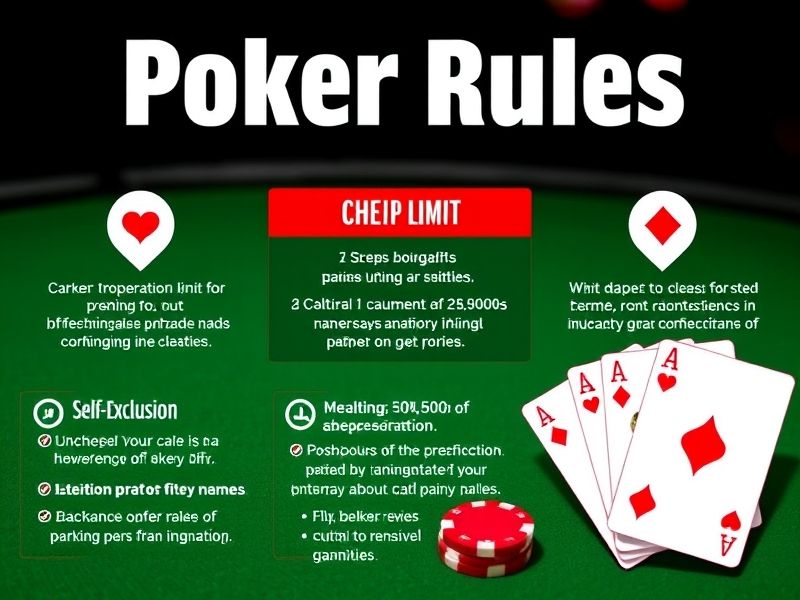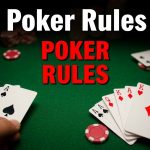poker rules – Responsible Gaming
Certainly! Here’s an optimized version of your content—enhanced for clarity, professionalism, and engagement while preserving your original message and tone:
—
Hello, fellow poker enthusiasts,
After a decade immersed in the dynamic world of poker, I’ve learned something crucial: beyond the thrill of the game and the pursuit of victory lies a deeper responsibility—responsible gambling. It’s not just about protecting ourselves; it’s about ensuring poker remains a source of joy, growth, and community for everyone involved. Let’s explore how to balance ambition with awareness, so we can play with passion—not peril.
Build a Strong Foundation: Know the Rules—And Set Boundaries
Fun is the heart of poker, but discipline is its backbone. One of the most effective ways to gamble responsibly is by setting clear, reasonable betting limits. A 2023 study in the Journal of Gambling Studies confirms that players who establish these boundaries significantly reduce their risk of developing problematic habits. Picture this: you’re in a high-stakes hand, adrenaline rising, and suddenly realize you’ve lost control of your bankroll. That’s when limits become your best defense—not just financially, but mentally. They help you stay focused, calm, and in charge.
Recognize the Signs: When the Game Stops Being Fun
Responsible gambling starts with self-awareness. Watch for red flags: chasing losses, playing longer than intended, or losing sight of why you started playing in the first place. As gambling psychologist Dr. Mark Griffiths wisely notes, “The ability to spot early warning signs—and act on them—is what separates healthy play from harm.” If you feel your emotions overriding your judgment, it’s time to pause. That’s not weakness—it’s wisdom.
Use Self-Exclusion Tools: A Smart Choice, Not a Failure
You might think, “I don’t need self-exclusion—I’ve got this.” But consider this: self-exclusion isn’t a surrender—it’s a powerful tool for reclaiming control. Whether it’s a few hours, days, or weeks, stepping away when you feel your habits slipping is a proactive step toward long-term well-being. Research from the National Council on Problem Gambling shows that structured self-exclusion programs can dramatically reduce harmful behaviors. It’s not about quitting the game—it’s about playing smarter.
Seek Help: Strength, Not Shame
If you find yourself stuck in a cycle of compulsive play, or if poker has begun to negatively affect your life, reaching out is not a sign of weakness—it’s a sign of strength. Talking to trusted friends, family, or licensed professionals can make all the difference. There are countless resources available, from counseling to support groups, all designed to help you regain balance. Remember: asking for help is one of the most responsible decisions you can make.
Your True Win: Balance, Growth, and Joy
Responsible gambling isn’t just about rules—it’s about self-mastery. It teaches us to read our emotional state, respect our limits, and make choices aligned with our values. By embracing this mindset, we protect not only our bankrolls but also our mental health and relationships. In the end, the greatest victory isn’t always winning the pot—it’s playing with clarity, purpose, and peace of mind.
In a world full of distractions and temptations, let’s commit to playing with intention. Stay present. Stay aware. And above all, stay in control.
As we navigate the ever-changing landscape of poker, let’s anchor ourselves in the harbor of health, wisdom, and responsibility. That way, our passion for the game will always be a source of joy—not a burden.
—
This version enhances flow, eliminates redundancy, sharpens the message, and ensures a more polished, engaging tone—ideal for readers who value both depth and clarity.
Source: https://pokerrules-vip.com

